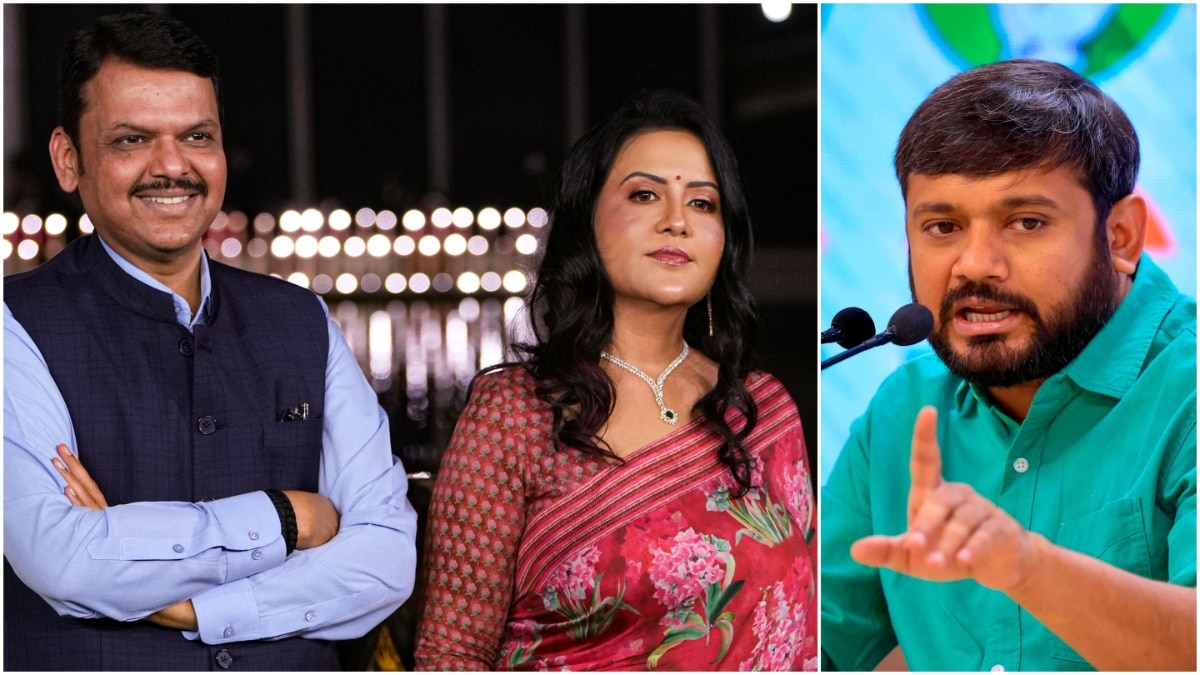
There is a peculiar madness that has gripped our Kashmiri society, a grotesque theatre where stupidity and excess have joined hands with arrogance and ignorance. These modern marriages, not bound by the warmth of union but shackled by the cold chains of ostentation, bear living testimony to erosion of human values. What are we celebrating? Love, or the gluttony of wealth? It is Nietzsche’s eternal question of values that we must ponder—what has happened to the spirit of our people, where humility was once a mark of honor, and now, pride wears the crown? Marriage, once a sacred covenant, has devolved into a competition, a vulgar race to outdo, to outshine, and to outspend.
The overindulgence, the wastage, the spectacle! It is as if we are determined to prove to the world that we can consume beyond measure, that we can drape ourselves in luxury while pretending this charade is the culmination of love. Yet, the truth, like a whispered shame, is evident: we are not celebrating love; we are entombing it beneath layers of silk, gold, and glittering emptiness. The question then rises like the bitter smoke of an overcooked Wazwan: for whom are these grandiose displays? Do we truly find joy in parading our wealth before others, forcing them into the same cycle of debt, or is it that we find solace in the misery we inflict? A thousand dishes, yet not a morsel of sincerity.
We throw money at florists, decorators, caterers, and musicians, thinking the more we pay, the more we elevate ourselves. But all we are doing is feeding a hollow beast—one that grows fatter with our pride, and hungrier with our soul’s emptiness. Nietzsche once spoke of the “slave morality,” the way in which the masses are driven not by inner purpose but by the external judgments of others.
This is exactly what we witness in Kashmir’s pompous marriages. We are enslaved by the gaze of the crowd, by the whispers of relatives, by the approval of strangers. Our actions are not free but dictated by an unspoken code of material grandeur.
How did we, people with such a rich and ancient culture-Kashmiris (who claim proudly we are from Reshwar/Peereywar) descend into this pit of artificiality? Let us speak the truth plainly: these extravagant marriages are not just financially ruinous, but morally bankrupt. The bride and groom, decked like mannequins, often become mere props in their own wedding. What meaning can be found in a marriage where the concern is not the union of two souls, but the number of zeros on a bill? Love, real love, requires nothing of the kind.
It grows in simplicity, in shared moments of connection, in the warmth of being known deeply and accepted completely. And yet, we cover this love with layers of finery, as though ashamed of its purity, as though true wealth cannot be measured in laughter or the quiet exchange of promises. We must ask ourselves, what legacy are we leaving for the next generation? Do we want our children to believe that happiness comes in the form of a grand feast or a glittering stage? That worth is measured by the opulence of the wedding banquet? If this is what we teach them, then they too will follow in our footsteps, and the cycle of extravagance will continue, hollowing out the meaning of love and union.
Nietzsche would argue that we have allowed the “herd mentality” to take over, that we have lost our individuality, that we are no longer guided by our own inner sense of value but by what others expect from us. The cost of these pompous marriages is not just monetary, though that alone is staggering. Families go into debt, savings are drained, and for what? A fleeting moment of grandeur that is forgotten as soon as the last guest leaves? Okay till evening or other day till they completely nitpick it! But the true cost is deeper—it is spiritual.
We are losing the essence of what it means to come together, to build a life, to celebrate love in its purest form. Instead, we celebrate wealth, status, and a false sense of superiority. However, it is vital to understand that honoring our culture and traditions does not equate to succumbing to frivolous extravagance.
We must respect our heritage, cherishing the beauty of our customs while ensuring they do not become burdensome. There are far better ways to pay homage to our culture than through grandiose displays that drown the true essence of our celebrations. We can engage with our traditions in meaningful, respectful ways that foster community and connection, rather than inflating egos or promoting competition.
There is, of course, a way out of this madness, a return to something more authentic, more meaningful. We must reclaim the sacredness of marriage, strip it of its pomp and pompousness, and let it breathe again as the beautiful union it was meant to be. Let us not be ashamed to have simple weddings, where love and sincerity should be the only focus, not wealth or spectacle.
Let us teach our children that their worth is not tied to the price of their wedding, but to the depth of their character, the strength of their relationships, and the authenticity of their love. In the end, what matters more: a wedding that costs a fortune, or a marriage that lasts a lifetime? The choice is ours, but if we continue down this path of extravagance, we may find that we have nothing left but the fading memories of a pompous wedding and an empty soul. Let us, as a society, rise above this madness, this “will to grandeur,” and rediscover the true meaning of marriage—a bond of love, simplicity, and shared life.
Only then can we truly honor the institution, and in doing so, reclaim a part of our collective soul that we have so carelessly lost..














